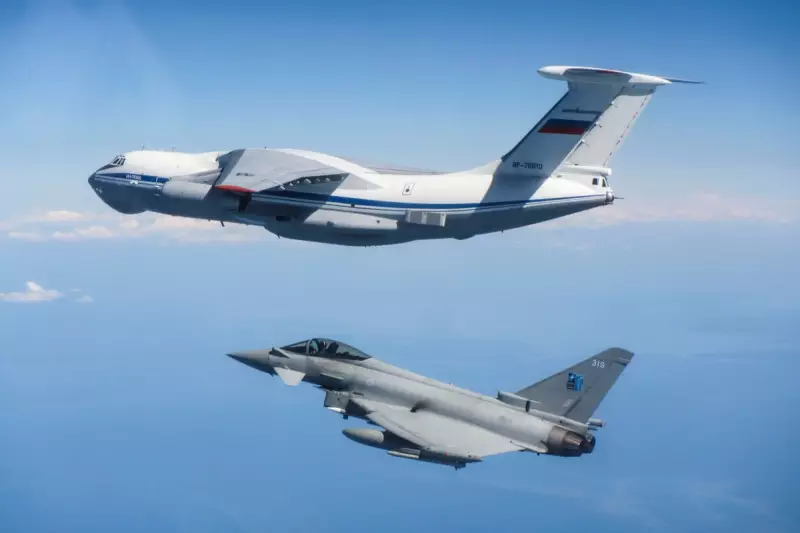
Former US President Donald Trump has sent shockwaves through the international community by declaring he would encourage Russia to invade NATO member states that he deems have not met their defence spending obligations. The controversial remarks, made during a campaign rally, have drawn immediate and fierce condemnation from UK political figures.
Senior Labour MP and Shadow Home Secretary Yvette Cooper led the British response, labelling Trump's statements as "appalling" and warning they would undermine fundamental principles of international security. Speaking to The Independent, Cooper emphasised that such rhetoric directly plays into the hands of Vladimir Putin.
"Do Whatever the Hell You Want": Trump's Chilling Warning to NATO
During his speech, Trump recounted a conversation he claimed to have with the leader of a "big country" who asked if the US would protect them if they were attacked by Russia despite not paying their required NATO dues.
"No, I would not protect you," Trump stated he told the leader. "In fact, I would encourage them to do whatever the hell they want. You gotta pay. You gotta pay your bills."
This explicit suggestion that he would greenlight Russian aggression against alliance members represents one of the most significant threats to NATO's collective defence principle in its 75-year history.
UK Parliament Reacts with Alarm
Yvette Cooper's condemnation reflects deep concern within Westminster about the potential return of Trump to the White House and its implications for global stability, particularly regarding the ongoing war in Ukraine.
The timing of these comments is particularly sensitive, coming as Ukraine continues to fight against Russian invasion forces and as US military aid faces delays in Congress.
Cooper stressed that NATO's Article 5 principle of collective defence is the cornerstone of European and transatlantic security, and that any suggestion of abandoning this commitment represents a dangerous departure from established US foreign policy.
Implications for the 2024 US Election and Beyond
With Trump currently the frontrunner for the Republican presidential nomination, his comments raise profound questions about America's future role in international security alliances.
Analysts suggest that these remarks could have immediate consequences, potentially emboldening Moscow at a critical moment in the Ukraine conflict and causing anxiety among NATO's eastern flank members who border Russia.
The controversy also highlights the stark contrast between Trump's "America First" approach and the Biden administration's steadfast support for NATO, setting up foreign policy as a key battleground in the upcoming election.





